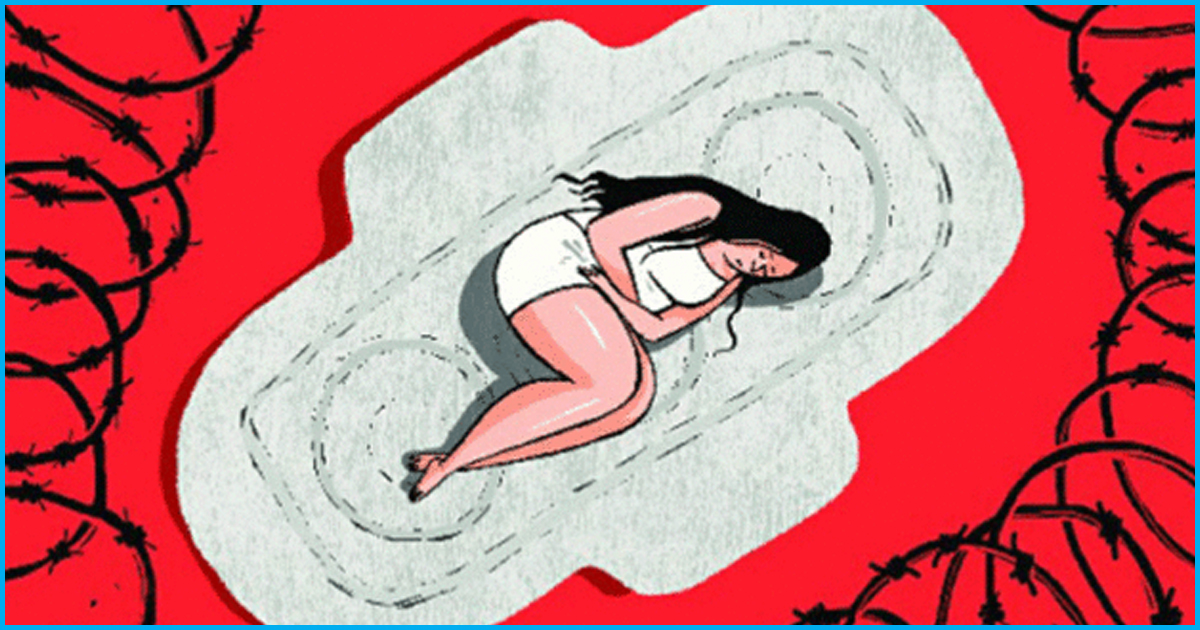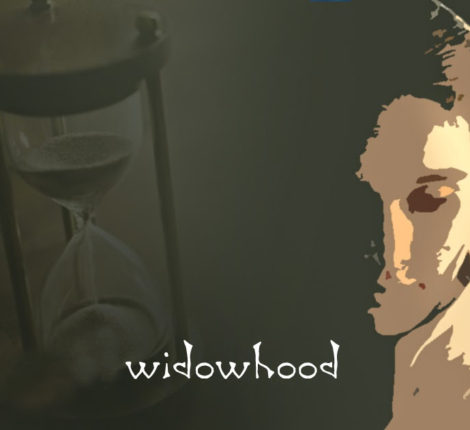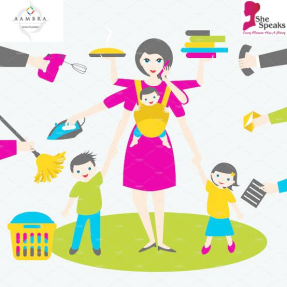Menstrual Stigma and Mental Health: Break the Silence
Soaps, shampoo, toilet paper or towel- all these can be found in every bathroom but you will find sanitary pads only hidden in a corner of the cupboard. Why? Because we have burdened ourselves with this responsibility of sustaining the stigmatization of menstruation from one generation to another. “Going to throw your pad? Make sure nobody sees you!”, “Got your periods? Don’t touch pickles”. These are some of the “common” sentences we girls start hearing as soon as we begin with our menstruation phase. Not only the society but women too are equally responsible for this stigmatization.
We all are having a smart digital transformation but when it comes to talking about menstruation, we just pause to think and take longer seconds to answer. During my research on this topic, I found it very difficult to get answers from people. In one of my surveys, out of 100 people only 13 people responded and the rest simply tried to avoid answering. But can we blame them for ignoring this topic? No, we cannot, because they belong to the same society where this stigmatization has become a social taboo.
“I got my periods while attending the class and I felt ashamed because I thought I have committed a crime. I saw the boys whispering something and looking at me as if I am an alien. I was trying to hide myself from everyone” said a college student when asked about “menstrual stigma.”
Menstruation is a natural phenomenon, then why it is a stigma? Dealing with physical manifestations during the menstrual cycle is already tough and upon this, women have to face extra burden by the society. Just like breathing, digestion and blood circulation are a natural process functioning in our body, the same way menstruation is a normal function in a women’s body, then why is it seen as something abnormal, although it is beyond our control.
Many women feel ashamed while talking about periods and find it very uncomfortable while buying sanitary pads. Why? Because they have been living in a society where they are being taught that periods are something not be discussed openly, something to be hidden, something that is “dirty” and makes one “impure”. Do we still need more evidence to say that menstruation is a stigma? Does anyone care how this stigma affects women’s mental health? Unfortunately, this is being ignored most of the times.
Firstly, we need to know the fact that menstrual cycle is naturally linked with mental health. A women’s menstrual cycle may affect their mental health and the reverse effect is also true, that is, their mental health can also affect their menstrual cycle. Majority of women experience Premenstrual Syndrome (PMS) or a more severe Premenstrual Dysphoric Disorder (PMDD), a week or two before their periods. During this phase, women may experience the symptoms of depression, anxiety, irritability and mood swings which directly affects their mental health. But life never stops, work continues and women try their best to manage everything besides going through their menstrual cycle.
There are many health problems women face during their periods. Menorrhagia, dysmenorrhea, endometriosis and PCODs are some of the issues related to menstruation. But due to societal stigmatization, many women hesitate in seeking medical help. Majority of them don’t even know that these issues need medical treatment because they are always asked to keep shut and bear both physical and mental pain silently. Just think that you are suffering with severe pain and discomfort, you just want to lie down and at the same time people around you are asking you to behave normally. Even the one who knows your condition is continuously suppressing you to keep shut and when you share about your suffering, what you receive as a response in return is “don’t do drama, it is not something that serious”. How would you feel? Just think!
“Chhaupadi”, is ancient tradition practiced in some rural parts of Nepal, in which young girls and women are forced to leave their homes and stay in isolated mud huts (chhaupadi) during their menstruation. We can’t even think of what mental trauma a girl or a woman living in that chhaupadi alone would be going through with. Till date, many cases of deaths in those chhaupadi have been reported. Although in 2005, chhaupadi was made illegal and Nepal government had criminalized this practice in 2017, it still continues to flourish even today. Considering this point, we can say that even rules and laws can’t beat cultural norms. We need to sow new seeds of hope and positivism in the society to break this stigma.
Menstrual stigma has its deep roots in our cultural beliefs too. It is a form of misogyny or we can say, it is an outcome of negative taboos and myths which directly disturbs women’s mental state. Many girls and women have to face certain restrictions in their daily lives just because they are menstruating and if they fail to follow such mythical rules and restrictions then they are subjected to insult and taunts by family or relatives. These taunts, insults and humiliation are powerful enough to damage one’s mental health. Recently, a Swamiji during one of his sermons reportedly said that if a menstruating woman cooks, she will be born as a bitch in her next life. He made these remarks in association with a heart wrenching incident that happened in Gujarat, where more than 60 girls’ students of a college were allegedly forced to remove their undergarments just to prove that they are not menstruating. This is a highly condemnable and a shameful act.
A “menstruating woman” is also a human being and human rights are rights inherent to all humans regardless of sex, race, religion or any other status. Thus, a menstruating woman has equal right to life and personal liberty, right to health and well-being, right to education, right to work, right to have proper sanitation and right to bleed with dignity.
It’s high time we raise our voice. It would be useless to go in the past and find who all else is responsible for making menstruation a stigma. There is no need for blame games anymore. We just need to simply get away with these myths, break this stigma, take some strict and bold actions and the foremost thing is, we need to initiate.
So, let’s start from our own family, friends and relatives. Come together and let’s break this stigma.
Periods are periods they are no more “Aunt flo”
Talk about menstruation, let the world know
Everything is natural you just need to know your flow
Come out from your shell and let your wings grow!
And for all the men reading this, hey come-on, call it menstruation and not a “women problem”. It is not a personal problem, rather it is a public health issue, declared by United Nations in 2014. So, begin the conversation. Let’s talk about periods and mental health in your social circles, in your everyday life. Parents and teachers can play a very crucial role in dispelling these myths and stigma. Educate and aware your girls as well as boys about menstruation its related facts. Donate menstrual products to the needy ones, help them live a respectful life and end period poverty.
Stop period shaming and change the way of thinking!
Break the silence and change the attitude towards periods!




